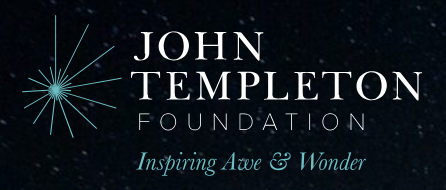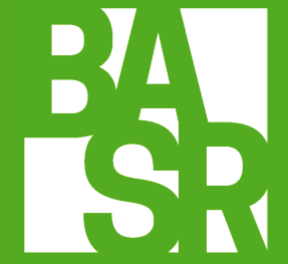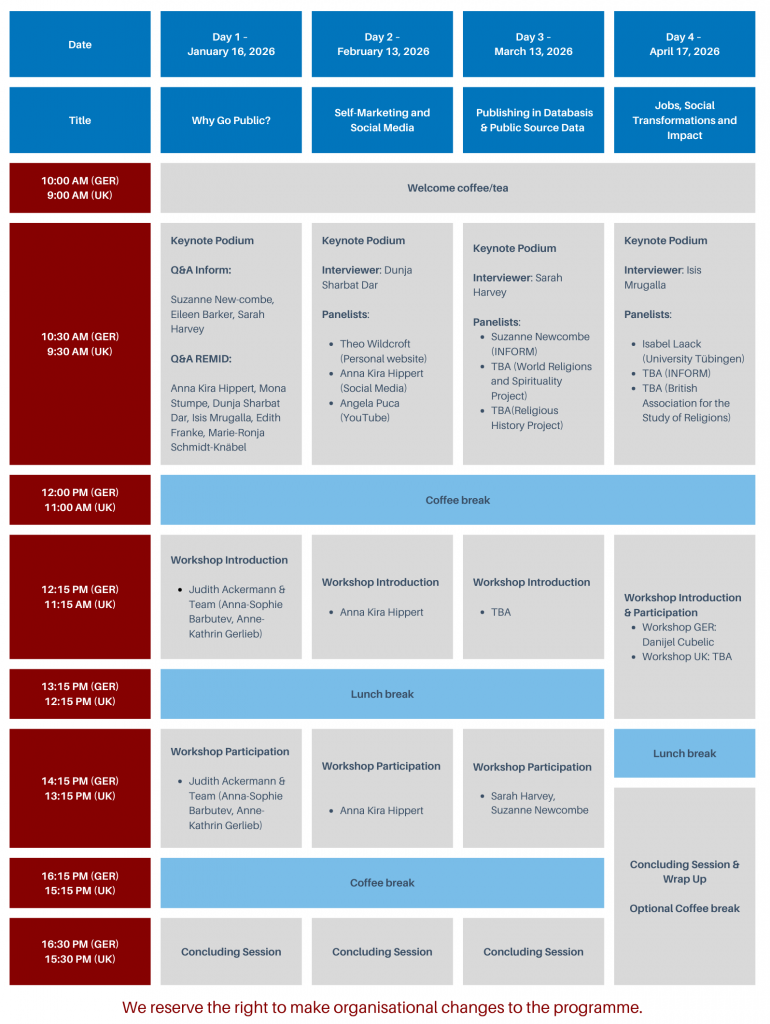REMID
Religionswissenschaftlicher Medien- und Informationsdienst e. V.
RelSciCom 2026
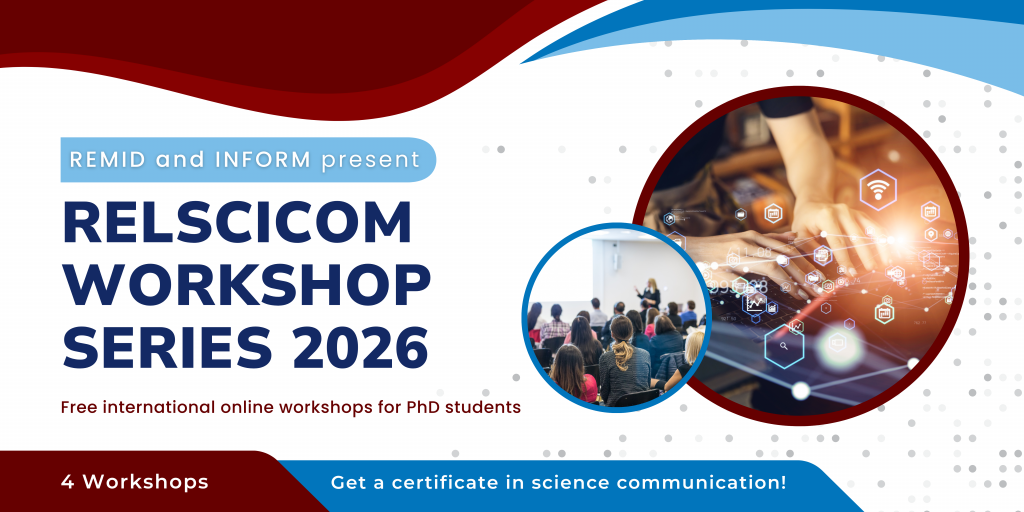
Thank you very much for your interest in the workshop series. All places are currently taken, so registration is no longer possible.
International Online Workshops for PhD and Postgraduate Students – organised by REMID e.V. and INFORM
What is the point of your PhD? What is the point of being an expert? How can you demonstrate your knowledge to potential employers both inside and outside academia? This series of workshops will help you to articulate the importance of well-researched social scientific information and directly contribute to knowledge creation, including through social media and databases.
Academia carries civic responsibility to contribute critical perspectives on religion and worldviews to the public sphere. It is not easy to communicate evidence-based research findings to the public, but it is more important than ever in contemporary times, where knowledge is fiercely contested and false information and ‘fake news’ leads to a crisis of expertise. These workshops will give you the confidence and the skills to enter these public debates.
When and what?
RelSciCom 2026 is a cooperation between INFORM and REMID e.V. It is a series of four workshop days during which participants will learn how, why, and through which media they can communicate their research to the general public. Each workshop will include a panel discussion with experienced researchers, a session to learn techniques and methods of transforming academic research to public knowledge, and a session to put the newly acquired methods to practice.
Participants can sign up for one workshop, or for all four, in which case they will receive a certificate of participation. Participants must be PhD students registered at either a British or German University. Workshop dates are 16th January; 13th February; 13th March; 17th April 2026.
Dates
- Friday, January 16, 2026 —
Why Go Public? - Friday, February 13, 2026 —
Self-Marketing and Social Media - Friday, March 13, 2026 —
Publishing in Databases & Public Source Data - Friday, April 17, 2026 —
Jobs, Social Transformations and Impact
You can either attend all four workshops and receive a certificate, or you can attend only certain sessions. If there are more places than applicants, those who wish to receive a certificate will be given preference.
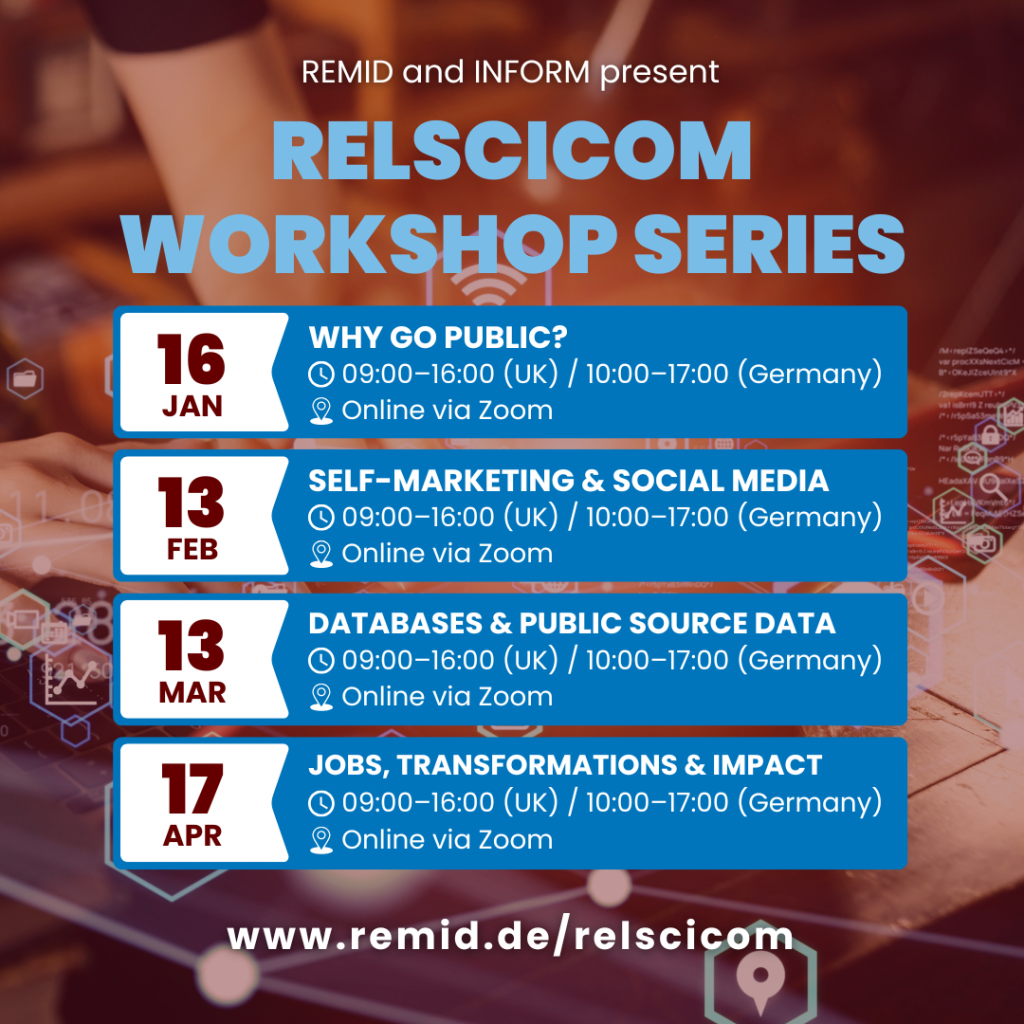
Workshop contents
The first in the series of workshops will serve as an introduction to the series, to the organising parties, and to the importance of going public with research.
Both Inform and REMID e.v. have a knowledge exchange and science communication mission at their core. Inform was founded on the basis of making academic research about religious movements publicly accessible in order to reduce harm caused by misinformation. This remit remains as important as ever in contemporary society in which misinformation abounds and contributes to polarisation. REMID is the central point of contact in Germany for transparent and well-founded scientific communication on religion-related topics from a value-neutral perspective.
However, fulfilling this remit takes the courage of scholars to step beyond the confines of the ‘ivory tower’ and engage in public discussions and the dissemination of their research beyond academia. Whilst this is an important part of a scholar’s ‘impact’, the practicalities of how to do it might not always be well covered in students’ degree programmes.
This workshop will provide discussions and training from scholars with lived experience of sharing their research with the public. The Workshop explores, based on our research project “female scientists into the media” why scientists should engage publicly with the media and how media visibility is structurally produced and limited. The session addresses specific features of the German media landscape and its cultural logics, offering guidance for researchers on navigating and engaging with media. It includes practical training in short media formats, such as the #ichbinWissenschaftlerin campaign.
In the second workshop, you will learn how to self-market your research through social media. Experts will discuss various media platforms including websites, YouTube and Instagram. In the practical session, our experienced expert will offer a practical workshop that enables you to understand the possibilities of maximising YouTube and Instagram for both research and knowledge exchange, including such questions as:
- How can I get started? What should I consider beforehand?
- How do the platforms differ and what possibilities do they offer?
- To what extent do I need to adapt to the rules of the platforms in order to communicate science successfully?
- How do I find the right format for me?
- How do I reach the intended target audience? How do I grow that audience?
Publishing in select databases and project websites is an important way early career scholars can network with more senior scholars, establish a publication record and contribute to more accurate public understanding.
This workshop will discuss how to get directly involved in knowledge creation in the academic study of religions with attention to strategic uses of time. Topics covered will include possibilities for direct remuneration and ways of leveraging the ideas and networks engaged in these activities for framing future grant applications and establishing ongoing partnerships for public engagement and impact.
Specifically we will look at the Database of Religious History and the New Religiosity Project, but we will also explore other platforms such as the World Religions and Spirituality Project. This workshop will be led by the team behind the New Religiosity Project.
This workshop addresses the urgent need for effective science communication in the study of religions. In times of rising conspiracy theories, new right narratives, and algorithm-driven echo chambers, well-informed outreach is essential. This fosters democratic resilience, strengthens public trust in academic expertise, and highlights the societal relevance of the study of religions. It also sets students up for jobs in academia or in fields adjacent to academia, including civil service, public relations, media, museums and galleries, and research in other contexts.
By strengthening communication competencies, participants gain a competitive edge on the job market and for their postdoc projects and learn to engage diverse publics with nuanced, research-based insights. This last workshop day will discuss how Religious Studies students can have a public impact with their research, contributing to social transformation. The practical session will be split into the German and UK contexts, where students will hear from experts in both academia and beyond on careers after the study of religion.
Danijel Benjamin Cubelic: From Religious Studies to Anti-Discrimination and Diversity Work: Skills, Strategies and Municipal Practice This workshop explores professional pathways for scholars of Religious Studies beyond academia, with a particular focus on public administration and municipal equality work. It addresses:
- how skills developed in Religious Studies such as contextual analysis, critical engagement with religion in public space, and the interpretation of social conflict in superdiverse societies, can be applied in anti-discrimination and diversity work,
- the role of religious literacy in addressing discrimination at the local level, the development and implementation of municipal strategies, recommendations, and action plans aimed at safeguarding equal treatment and non-discrimination in everyday administrative practice,
- institutional settings and routine challenges within local administrations, including equality offices and anti-discrimination units,
- insights from municipal practice and European exchange within the European Coalition of Cities against Racism (ECCAR), a network of more than 180 cities working on structural approaches to combating racism and discrimination.
European Coalition of Cities against Racism (ECCAR): https://www.eccar.info/en
The workshops are free of charge. Every workshop has a capacity of 25 people. No one is entitled to a place.
Schedule
Contact
Do you have any questions about the schedule or the programme? Send us an email!
On our Speakers
Judith Ackermann holds a PhD in Media Studies and is a Research Professor of Digital Media and Performance in Social Work at the University of Applied Sciences Potsdam. Her work focuses on the potential of digitalisation for society and culture. She is (co-)principal investigator of the research projects Female Scientists into Media (BMFTR 2022–2025), MyAppMyData (BMBFSFJ 2025–2028), and FEEL (EFRE 2025–2028).
Social Media: Instagram @Jiutha TikTok: @dieprofessorin
Homepage: http://www.judith-ackermann.de/
Anna-Sophie Barbutev is a communication scientist, journalist and science communicator. She worked as an academic research associate in the BMFTR-funded project Female Scientists into Media. Her research interests lie in journalism studies, science communication, and gender studies.
Social Media: Insta @asbarbutev
Anne-Kathrin Gerlieb is a sociologist and art studies scholar, and is pursuing her PhD in sociology as a scholarship holder of the Friedrich Naumann Foundation at the Düsseldorf Art Academy. She was a research associate on the BMFTR-funded project Female Scientists into Media. Her research focuses on digital transformation, sociology of art and culture, gender studies, and sociological theory.
Social Media: Instagram/TikTok: @enna.gia
Homepage: https://annegerlieb.de/
Theo Wildcroft, PhD is a yoga teacher-trainer, writer and scholar who is interested in the democratization of yoga post-lineage, somatic literacy, meaning-making and the counter-culture. She is an Associate Lecturer at the Open University, UK, Visiting Lecturer at the University of Chester, Fellow of the HEA, former Coordinator of the SOAS Centre of Yoga Studies, editor of the BASR Bulletin, an honorary member of the British Wheel of Yoga, member of the IAYT, a continuing professional development trainer and consultant for Yoga Alliance (E‑RYT® 500, YACEP®), and Council Member for the AYC.
She is the author of Post-lineage yoga: from guru to #metoo, co-writer of Leading Safe and Simple Yoga Nidras (coming soon), editor of Religion and the Sense of Self (also coming soon), and co-editor of The Yoga Teachers’ Survival Guide and Yoga Studies in Five Minutes.
Website: https://theowildcroft.com/
Dr Angela Puca is a university lecturer at Leeds Trinity University and holds a bachelor’s and a master’s degree in philosophy. In 2021, the University of Leeds awarded her a PhD in Religious Studies, published by Brill with the title “Italian Witchcraft and Shamanism”.
Her research focuses on magic, witchcraft, Paganism, esotericism, shamanism, and related currents.
Author of several peer-reviewed publications and co-editor ‘Pagan Religions in five Minutes’ for Equinox, she hopes to bridge the gap between academia and the communities of magic practitioners by delivering related scholarly content on her YouTube Channel and social media ‘Angela’s Symposium.’
All of Dr Puca’s links: https://linktr.ee/angela_symposium
Ruth Peacock is the editorial consultant and project lead at the Religion Media Centre project and oversees its work. After studying theology and teaching RE, she trained as a journalist on a local paper, freelanced in print and radio and then joined the BBC, working in many news departments, including the main newsgathering desk. She also worked on the BBC’s move into the new W1 building and studied organisational change.
Prof. Dr. Isabel Laack has been professor for the Study of Religion/s and Non-European History of Religions at Tübingen University (Germany) since 2021. Her expertise lies in the field of contemporary religiosity in Europe and pre-Hispanic Mesoamerican traditions with a theoretical focus on the aesthetics of religion (the body and the senses, music and sound, visuality and material text practices) as well as processes of cultural contact and personal and collective identity formations. She is also thinking a lot about the identity and future of the Study of Religion/s as a cultural studies’ discipline in a world facing severe challenges such as climate change, environmental destruction, political and social polarization and extremism.
With the re-establishment of the Institute for the Study of Religions and the launch of a new BA curriculum at Tübingen University, Isabel Laack is focused on revitalizing the discipline’s local and national presence. Her work on the executive board of the German Association for the Study of Religion/s further emphasizes the necessity of reflecting on the field’s social relevance. She views science communication as a key tool for translating academic research into meaningful societal contributions.
Dr Hutchings is a sociologist of digital religion and Religious Education. His PhD (Durham University, 2010) was an ethnographic study of five online Christian churches. His work has included studies of digital evangelism; online community; Bible apps; Christian videogames; and death and dying on social media. He also studies the teaching of Religious Education in primary and secondary schools, and works with the national organisation TRS-UK to build better links between schools and universities. His teaching focuses on religious ethics, media ethics, the study of religion, and research methods. He is the author of Creating Church Online (Routledge 2017), co-editor of Materiality and the Study of Religion (Routledge 2016) and Christianity and Digital Humanities: An Introduction (De Gruter 2021) and founding editor of the journal Religion, Media and Digital Culture (Brill).
Dr Tremlett joined the Religious Studies department at the Open University in 2010. He is interested in theory and method in Religious Studies, and, as well as ethnographic research in the Philippines, he has conducted research in Taiwan around death and secularism and in Hong Kong and London, on the Occupy movement. He conducted research online during the Covid pandemic on the formation of transnational “moral publics” in relation to campaigns by Filipino human rights organisations in the diaspora. He is currently leading two research projects both of which foreground issues of literacy in religion. One is focused on developing resources for FE colleges to teach religious literacy and the other attends to issues of disinformation and democracy.
Website: https://profiles.open.ac.uk/paul-francois-tremlett
Danijel Benjamin Cubelic is Director of the Office for Equal Opportunities of the City of Heidelberg and Vice-President of the European Coalition of Cities against Racism, a network of over 180 cities across Europe. His work focuses on developing practical recommendations, strategies, and policy frameworks to safeguard equal treatment and combat discrimination at the municipal level. He has particular expertise in addressing antisemitism, anti-Muslim racism, and diversity in religiously and migration-diverse societies. He studied Religious Studies and Islamic Studies in Heidelberg, Bochum, Aleppo, and Damascus. Alongside his policy work, he teaches Diversity and Gender Studies and serves as a Deputy Advisory Board Member of the German Federal Anti-Discrimination Agency, bridging local governance, European city networks, and applied anti-discrimination practice.
Motivation / Approach
Religious Studies provides analytical tools that are highly relevant for understanding social diversity, power relations, and conflict dynamics in post-migrant and superdiverse societies. In public administration, these competencies are needed not in the abstract, but in situations where institutions have to respond to discrimination within legal frameworks, political debates, and organisational constraints. The workshop offers a practice-oriented and critical perspective on how academic skills can be translated into concrete professional roles, focusing on institutional responsibilities, unresolved challenges, and learning processes in everyday municipal anti-discrimination work rather than on idealised career narratives.
Who are REMID and INFORM?
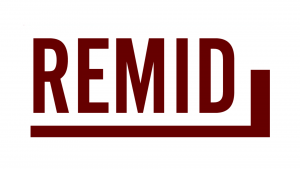
REMID e.V.
Religious Studies Media and Information Service
REMID is the central point of contact in Germany for transparent and well-founded scientific communication on religion-related topics from a value-neutral perspective. We bring perspectives of the study of religions into society.
We are committed to providing reliable information about religions and creating well-founded access to professionally researched content — both online and offline.
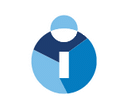
INFORM
Information Network Focus On Religious Movements
Inform is an UK based independent educational charity providing information about minority religions and sects which is as accurate, up-to-date and as evidence-based as possible.
Inform exist to prevent harm based on misinformation about minority religions and sects by bringing the insights and methods of academic research into the public domain.

